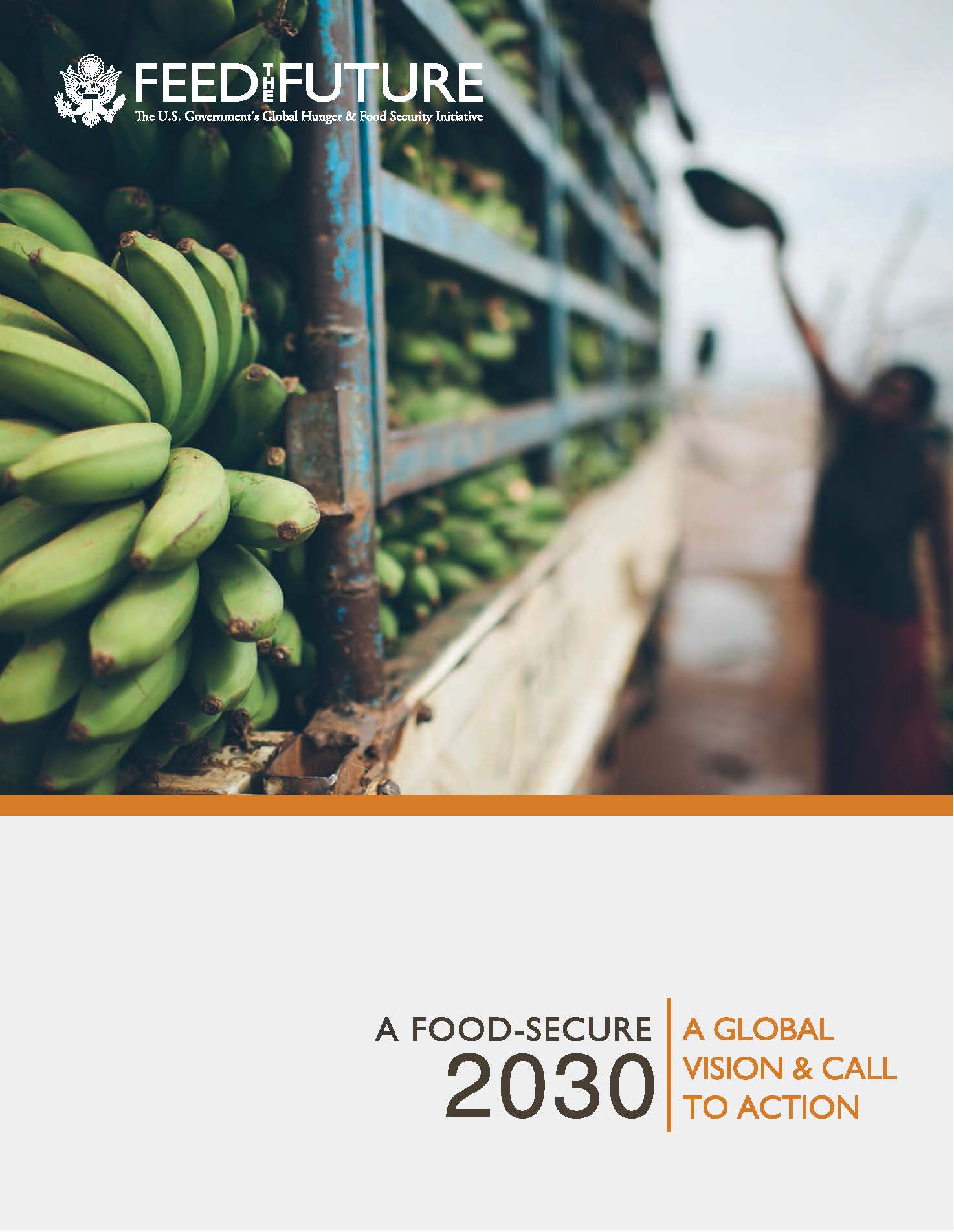- What We Do
- Agriculture and Food Security
- Democracy, Human Rights and Governance
- Economic Growth and Trade
- Education
- Ending Extreme Poverty
- Environment and Global Climate Change
- Gender Equality and Women's Empowerment
- Global Health
- Water and Sanitation
- Working in Crises and Conflict
- U.S. Global Development Lab
UNPRECEDENTED PROGRESS AND MOMENTUM
For the first time in human history, the end of hunger, undernutrition and extreme poverty is within our grasp. Since 2000, the world has seen dramatic declines in each of these critical areas. Agricultural production in staple cereals, vegetables and animal-source foods has increased significantly, and food prices have returned to the more stable levels seen before the devastating food price spikes of 2007 and 2008.
Significant progress toward achieving food security, reducing poverty and developing the agriculture sector over the last decade was made by developing and middle-income countries in the context of the Millennium Development Goals. The U.S. Government led other world leaders to bolster this progress with their commitments at the 2009 G8 Summit in L’Aquila, Italy, where the global community committed to intensify its efforts to increase food security. L’Aquila marked a turning point in the fight against global hunger and poverty, injecting the political will and resources necessary to move decisively forward toward a shared agenda for global food security. Since then, the U.S. Government’s global hunger and food security initiative, Feed the Future, has been working with its partners around the world to help countries overcome agriculture and nutrition challenges with entrepreneurship, partnership and innovation. In 2015 alone, Feed the Future worked with over nine million farmers and producers (many of them women) to boost their incomes by more than $800 million and reached nearly 18 million children under five with nutrition interventions. In several areas where Feed the Future works, childhood stunting has dropped between 12 and 32 percent and poverty has decreased between 12 and 26 percent over recent years.
The U.S. Government’s continued, bipartisan commitment to ending poverty and hunger around the world was codified in July 2016 with the enactment of the Global Food Security Act (GFSA), the largest development-related authorizing legislation passed by the U.S. Congress in a decade. Building on the momentum generated within the global community by the adoption of the Sustainable Development Goals (SDGs), the success of the World Humanitarian Summit, and the passage of the GFSA in the United States, it is time to champion a vision of a food-secure 2030.








Comment
Make a general inquiry or suggest an improvement.